Can I contribute to an IRA and a 401(k) simultaneously?
Yes, individuals can contribute to both a personal Individual Retirement Account (IRA) and a 401(k) plan simultaneously, as long as they meet the eligibility requirements for each account type and stay within the contribution limits set by the IRS.
Here are some key points to consider:
Eligibility:
Anyone with earned income can contribute to an IRA, but there may be income limits for deductibility if you or your spouse participate in an employer-sponsored retirement plan.
401(k) plans are offered through employers, so eligibility is determined by your employer's 401(k) plan rules.
Tax Implications:
Contributions to a traditional IRA may be tax-deductible, depending on income and other factors.
Contributions to a traditional 401(k) are made with pre-tax dollars, reducing taxable income in the year of contribution.
Roth IRA contributions are made with after-tax dollars, and qualified* distributions are tax-free.
Roth 401(k) contributions are also made with after-tax dollars, but contributions and earnings may be withdrawn tax-free in retirement if certain conditions are met.*
Employer Matching Contributions:
Many employers offer matching contributions to 401(k) plans, which can provide an additional incentive to contribute to a 401(k) alongside an IRA.
Investment Options and Fees:
IRAs typically offer a broader range of investment options compared to 401(k) plans, which are limited to the investment options chosen by the employer.
Fees and expenses associated with each account should be considered when making investment decisions.
In summary, contributing to both a personal IRA and a 401(k) can be a sound retirement savings strategy, as it allows individuals to take advantage of the benefits of both account types. However, it is essential to understand the rules, limits, and tax implications associated with each account and to consider your individual financial situation and retirement goals when making contributions.
*Earnings withdrawn from Roth IRAs are considered qualified distributions if you are 59½ years old or older and the account is at least five years old. Similarly, a qualified distribution from a Roth 401(k) account is one that is made at least five years after the year of the participant's first designated Roth contribution and is made on or after attainment of age 59½.
The information contained herein is not intended as financial, legal or tax advice, and may not be suitable as required by specific circumstances. Please consult your financial planner, attorney and/or tax adviser as needed.


